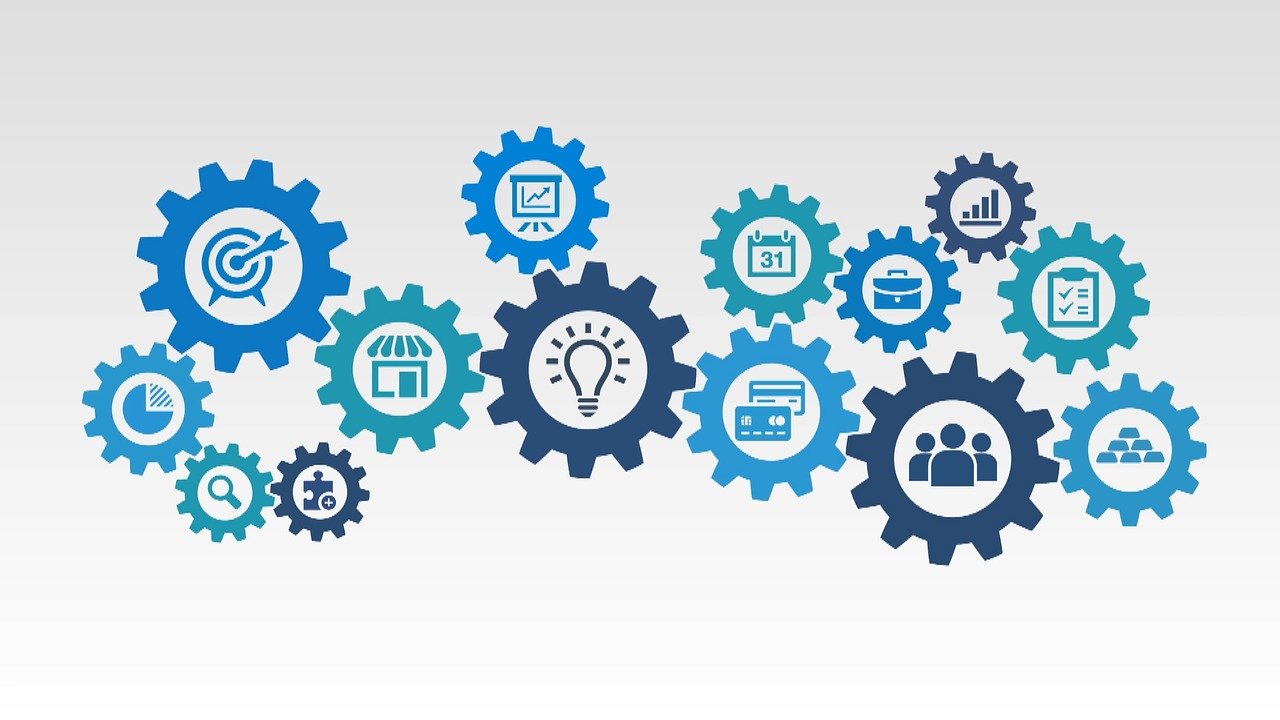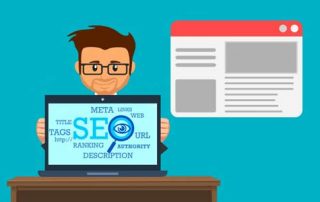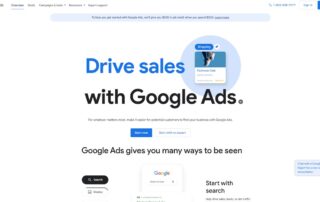
Learn Digital Marketing Overview
Digital marketing is the process of promoting and selling products or services through various online channels. It leverages the power of the internet and digital technologies to connect with customers, drive sales, and build brand awareness. In this Learn Digital Marketing guide, we will explore the different aspects of digital marketing, its types, and its importance in today’s business landscape.
Table of Contents
Types of Digital Marketing
There are several types of digital marketing channels that businesses can use to reach their target audience:
1. Search Engine Optimization (SEO)
- Focuses on improving a website’s visibility on search engine results pages (SERPs)
- On-page SEO: optimizing website content, structure, and meta tags
- Off-page SEO: building backlinks, social signals, and other external factors
2. Content Marketing
- Creating and distributing valuable, relevant, and consistent content to attract and engage a target audience
- Blog posts
- Ebooks
- Infographics
- Webinars
- Podcasts
3. Social Media Marketing
- Leveraging social media platforms to connect with and engage customers
- Organic social media: sharing content, engaging with users, and managing brand reputation
- Paid social media: sponsored posts, display ads, and influencer partnerships
4. Pay-Per-Click (PPC) Advertising
- Running paid ads on search engines and social media platforms, where advertisers only pay when users click on their ads
- Google Ads
- Bing Ads
- Facebook Ads
- Instagram Ads
5. Email Marketing
- Sending targeted and personalized emails to subscribers to promote products, services, or events
- Newsletters
- Promotional emails
- Transactional emails
- Drip campaigns
Importance of Digital Marketing
Digital marketing has become a crucial aspect of modern business due to several reasons:
- Wider Reach: Digital marketing allows businesses to reach a global audience, regardless of their size or location.
- Cost-Effective: It offers cost-effective solutions compared to traditional marketing channels, making it accessible for small and medium-sized businesses.
- Targeted Approach: Digital marketing enables businesses to target specific demographics, interests, and behaviors, ensuring a higher return on investment (ROI).
- Data-Driven Decisions: With real-time data and analytics, businesses can make informed decisions and adapt their strategies quickly.
- Engagement: Digital channels facilitate two-way communication, allowing businesses to engage with customers and gather valuable feedback.
Digital Marketing Strategies
A successful digital marketing campaign includes the following strategies:
- Goal Setting: Define clear, measurable, and attainable goals to guide your digital marketing efforts.
- Audience Segmentation: Identify and segment your target audience based on demographics, interests, and behaviors.
- Multichannel Approach: Utilize a mix of digital channels to reach your audience and deliver a consistent message.
- Content Creation: Develop high-quality, relevant, and engaging content that resonates with your target audience.
- Marketing Automation: Implement marketing automation tools to streamline and optimize your digital marketing efforts.
- Personalization: Customize your marketing messages based on individual user preferences and behaviors to improve engagement and conversion rates.
- Conversion Optimization: Optimize your website and landing pages to improve user experience and increase the likelihood of conversions.
- Search Engine Optimization: Continuously improve your website’s SEO to increase organic visibility and drive more traffic.
- Performance Monitoring: Track and analyze key performance indicators (KPIs) to measure the effectiveness of your digital marketing efforts and make data-driven decisions.
- Continuous Improvement: Regularly review and adjust your digital marketing strategies based on performance data and evolving market trends.
Measuring Digital Marketing Success
To gauge the success of your digital marketing efforts, monitor and analyze the following KPIs:
- Website Traffic: Measure the number of visitors, sessions, and page views on your website.
- Traffic sources: organic, paid, referral, social, and direct
- User behavior: bounce rate, average session duration, and pages per session
- Conversion Rate: Track the percentage of visitors who complete a desired action (e.g., making a purchase, signing up for a newsletter, etc.).
- Cost per Acquisition (CPA): Calculate the average cost of acquiring a customer through your digital marketing efforts.
- Return on Investment (ROI): Determine the overall profitability of your digital marketing campaigns by comparing the revenue generated to the costs incurred.
- Engagement Metrics: Assess the level of engagement with your content, including:
- Social media: likes, shares, comments, and followers
- Email marketing: open rate, click-through rate, and unsubscribe rate
- Content marketing: time on page, scroll depth, and content shares
By consistently monitoring these KPIs and adjusting your digital marketing strategies accordingly, you can maximize the effectiveness of your campaigns and achieve greater success in the ever-evolving digital landscape.
![]()














